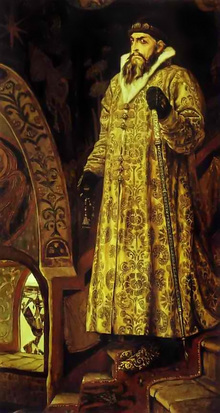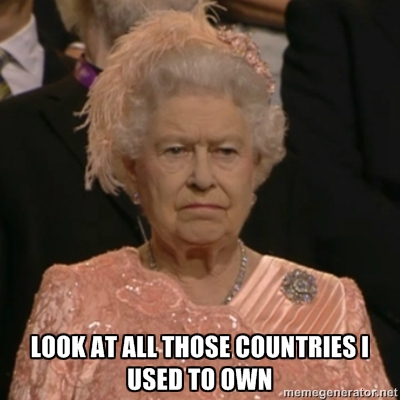Just my two cents worth here.
Democracy was at the time it was introduced a pretty good thing, definitely better than what went before.
But many of our rights build on older principles. The Magna Carta, the Habeas Corpus, all these things were not brought to us by democracy but preceded modern democracy.
So there are different shades of monarchy and people cannot be beheaded at will or have their peoperty taken away for no reason in the more advanced versions of the concept.
On the other hand, some democracies of this world have democratically and legally voted into existence some pretty discriminatory and unfair laws. Laws that deny individuals their rights. Laws that create or protect cartels. Laws that punish people for having the wrong opinion.
So there may be a relative advantage to democarcy, but democracy is not superior in all respects.
Democracy works best in a homogenous society, where most people are of the same opinion anyway - at least on important matters - and the democratic process is just a consultation to determine that opinion and make it into law. For example, most people abhor pedophilia, and thus there are laws making it illegal. Most people agree we shouldn’t murder, and thus there are laws making it illegal.
There are however also majority / minority topics, such as abortion, should Biblical creation be taught in schools, should shops be open on Sundays, etc. In democracies these are often topics settled by a dictatorship of the majority, or worse still, by court decisons which are neither democratically accountable nor reflect the prevalent opinion - and are thus not really much better than a monarch making a ruling, with the added disadvantage that a monarch can be petitioned to change his or her opinion but judges don’t normally bend to public pressure.
The fact that there are majority/minority subjects is a sign of the breakdown of the homogenity of society. The more different types of people and cultures of people you have, the less likely you are to agree.If one guy thinks its Ok to marry 4 wives, another thinks it has to be just one man and one woman, and another again thinks two men should be allowed to marry, you are running into a setup in which you will either require a majority dictatorship or worse still, a monarchesque court ruling. Our grandparents had it easier as opinions then were much more homogenous.
Now in the early days of the USA, people actively sought to stelle i areas in which they would fit in best. Thuis many areas had a prevalent religion, which might have been different from the next area. So within that area there was a homogenous opinion and laws refelected that. this is how federalism started. Every cell could make their own laws and the federal level was just there to settle the relationship between states and do some other things the individual states could not reasonably do themselves.
But then it all broke down when people started moving around. This was the beginning of the dictatorship of the majority. Now other countries have tried to solve it differently. For example Belgium is a federal country with six “states”. Three of these are geographic, Flanders which is majority Flemish speaking, Wallonia, which is majority French speaking, and Brussels, the capital, which is nominally bilingual but actually more French. The other three “states” are linguistic, so there is one for Flemish speakers, one for French speakers and one for German speakers (there is a German minority in one of the French provinces). So everybody has two “states”, a geographic one and a linguistic one, and each of these has different responsibilities. So the geographic state might look after geographic matters such as fixing roads, whereas the linguistic state looks after language-related matters such as education. Your geographic state depends on where you live, but your linguistic state you can chose yourself and then get to vote on a representative, and part of your tax goes towards it. So if you’re living in a mixed area, you can chose which language you want your children educated in by chosing the state. Of course the language is not the only thing setting the communities apart but education can differ in other ways too, as can cultural life and hopw the state decides how much to spend on it. Thus you can bypass the majority dictatorship problem by having a free minority.
I can imagine in future there might be more of these “non geographic states” and people can have more freedom in chosing their state and maybe even starting new ones if none of the existing ones suit their point of view.


